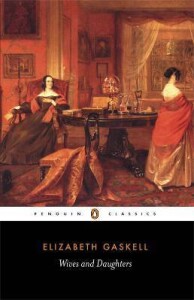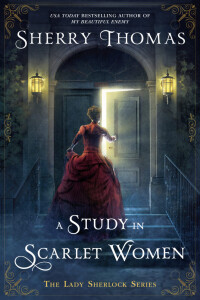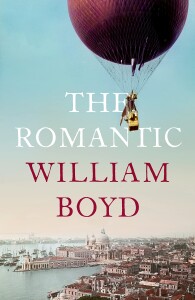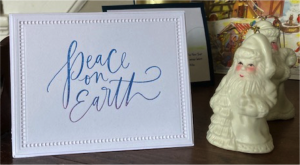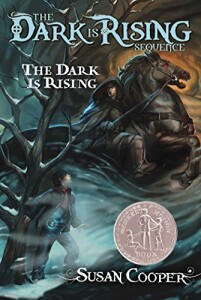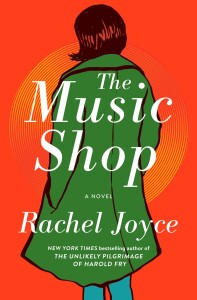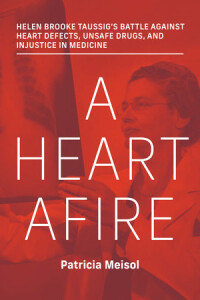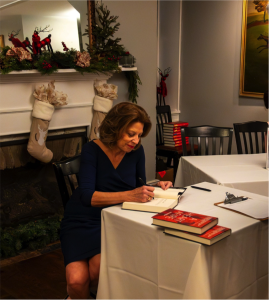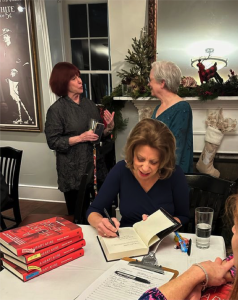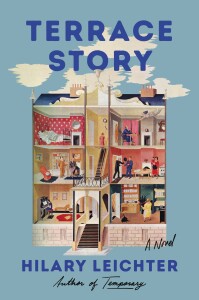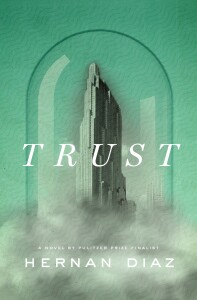
Andrew Bevel and his wife Mildred are bigwigs in early 20th century Manhattan. He’s a financier, a cold stick of a man who’s a genius when it comes to money—according to some anyway. She’s involved in various charitable endeavors, particularly when it comes to music. An otherwise reclusive couple, they become richer and richer; some say Bevel’s tinkering led to the Great Depression.
The premise of my book club’s choice for this month is an interesting one: tell the story of the Bevels from four different points of view. The first part of the book is a novel entitled Bonds, supposedly based on the couple, renamed Benjamin and Helen Rask. It is written in the narrative-heavy style of the early 20th century, no dialogue or dramatic scenes. I found most of it lackluster, though part of it was horrific and disturbing.
The second part contains Andrew’s notes toward an autobiography, intended to refute the story told in the novel, especially when it comes to his wife. The dry and often fragmentary notes magnify Andrew’s genius, and insist that his motives were less about making money, which he doesn’t care about, and more about doing good in the world. Much of it concentrates on portraying Mildred as a brainless little woman who didn’t understand what he did, and supported innocuous classical music.
The third part is a memoir written much later by Andrew’s secretary who had written up the autobiography from Bevel’s notes, giving us parts of it with her comments, among other things. It’s written in a modern style, with the astute characterisation, dialogue and dramatic scenes that make for more interesting reading. The final part is a diary giving yet another point of view.
It’s a fun premise: four parts, four points of view. I first ran across it in the 1970s when I read Lawrence Durrell’s Alexandria Quartet, which entranced me and opened up a whole world of possibilities in fiction. Some reviews call Diaz’s book experimental fiction. I guess that’s true, though it’s been done so many times before that is seems a rather tame experiment. Many historical fiction novels also interweave two or more stories, often one in the present and one in the past.
My book club split pretty evenly between those who enjoyed it a lot and those who found it boring and predictable. Many of us confessed to skipping chunks of the tedious second part. I think we all shook our heads at the constant put-downs of women.
I came down on the boring and predictable side, among those surprised that it won a Pulitzer Prize. However, I will say that the book reflects our country at this moment in time: awash with false news and outright lies, making it hard to identify a trusted source. Even when you find one, you have to separate out the AI fakes from the real person.
The other relevant side of the book is the way its characters, even in that time period, are eager to present an image of themselves that may or may not be true, and defend that image if challenged. So much of today’s social media contains presentations of ourselves that have been carefully crafted to project a certain persona.
One discovery that interested me was that everyone in the group, including me, tended to believe each new section over the previous one, though of course there’s no way to actually tell. I guess it’s human nature to believe the last thing you’re told, especially if it’s something that fits best into your worldview: yet another way the novel speaks to today’s public discourse.
I also appreciate the way the author adapted the style for each part to reflect the writing of the time. So I liked the premise for the story and applaud the author to trying something grand, even if, in my view, it fell short in the execution.
Are you in a book club? What are you reading now?
